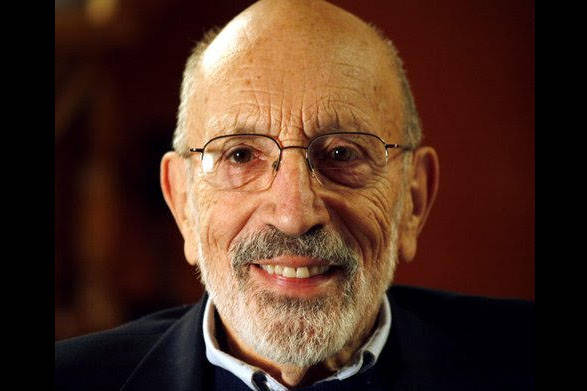In the wake of a tumultuous election season, now is a good time to seek a model of political goodwill that has been sorely missing from our state since Gov. Mike Dunleavy took office two years ago. It’s amazing how extreme partisanship has infected the most recent round of campaigning, giving rise to vicious divisiveness, mean advertising, smearing of reputations, twisting of facts, and outright lies.
It wasn’t always so, at least not in Alaska.
When I came to Alaska 70 years ago, I rapidly became part of my community, Anchorage, and got to know people throughout the territory — village Natives, sourdoughs, bank presidents, bureaucrats, veterans like me, and the like.
Parties existed, elections were held, and extremism was very rare. Imagine: in the 1950s one Territorial House of Representatives had 21 Democrats and three Republicans, and two years later we had 20 Republicans and four Democrats in the House (or some such extremes). As you can see, party allegiances were pretty fluid.
Far more important was the ability of people to work together. The fight for statehood is a perfect example. The official Alaska Statehood Committee was chaired by Republican Robert Atwood, appointed by a Democrat governor, and consisted of legislative and business leaders of both parties. We became a state because we could work together.
Alaska’s Constitutional Convention of 1955-56: I sat there for 90 days next to Barry White, a Republican businessman. He had been president of a citizen’s lobby for statehood that we had helped organize, and I was vice-president. We were the best of friends.
The Convention was totally nonpartisan. It had a firm rule: political parties were not allowed to even be mentioned on the convention floor. And we functioned extremely well under such a rule.
Alaska’s Legislature has functioned for many years on a bipartisan basis. It has been particularly successful when we had a governor who could work with legislators regardless of their party. Egan, Hickel and Hammond are excellent examples of such governors.
Let us hope that Alaska may yet experience a new era of bipartisanship as we put the 2020 election behind us and prepare for a new legislative session. That would be the foundation for successfully serving all Alaskans, rather than just special interests.
The next step? Finish the process of recalling Gov. Dunleavy and his divisive agenda. Despite the pandemic, the recall effort now needs just 22,923 petition signatures to reach a special election and install leadership that can heal the wounds of extreme partisanship, follow the rule of law, and uphold Alaska’s constitution. If you haven’t yet signed a petition in 2020, you can request a mail-in booklet at the Recall Dunleavy website.
Vic Fischer served in Alaska’s territorial Legislature and its state Senate. He is the last living member of the group of 55 men and women who wrote Alaska’s state constitution and a co-sponsor of the nonpartisan Recall Dunleavy effort.
• By Vic Fischer

